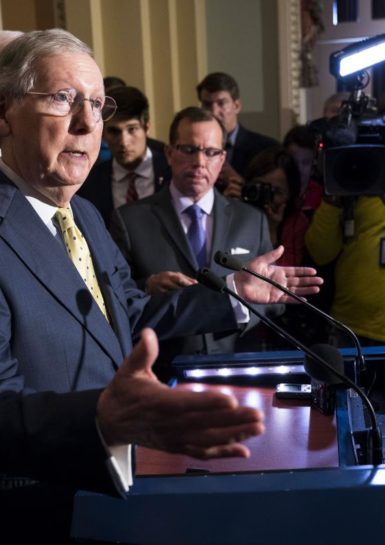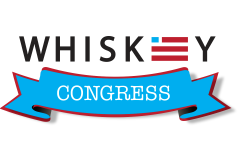
Questions to Ask About the New Healthcare Bill
There are some key questions that should be asked about the most recent version of the Senate Health Care Bill being rolled out over the next few days. Those question revolve some major talking points such as the impact to Medicaid, types of subsidies offered, the cost of mental health and substance abuse to consumers, and will imposed health care taxes be eliminated? These are all questions everyone should consider when they read and listen over the next few weeks.
Senate Republicans are soon scheduled to unveil the bill they will use to seek to repeal and replace the Affordable Care Act. The bill — drafted in secret, away from even most Senate Republicans — has prompted intense speculation about what might be included.
We don’t have a crystal ball, but with the release approaching, we checked in with a range of health policy experts to see what elements of the bill they’ll be rushing to scrutinize once the text is made public.
Here’s a rundown of what these policy specialists will be paying the most attention to:
This was provision most often cited by the specialists we queried. That should not come as a surprise, as the original law’s Medicaid expansion was a huge boon to the uninsured.
We already have an idea of how many people might be uninsured after a repeal-and-replace of Obamacare, because the Congressional Budget Office scored the replacement bill that the U.S. House of Representatives passed back in May. The office estimates that of the 23 million people who would lose coverage by 2026 under the House version of the bill, more than 60 percent of those people would be enrolled in Medicaid, said Christine Eibner, a senior economist with RAND Corp.
The GOP-backed legislation could cut Medicaid two ways. First, the bill could curb or eliminate the Medicaid expansion undertaken under the Affordable Care Act. And second, it could replace the current federal Medicaid matching payments with block grants. If the current funding system transitions into block grants, most experts expect the pool of money available to Medicaid to grow more slowly than the program’s costs, forcing cuts in reimbursement, enrollment or both.
“Depending on the magnitude of these changes, they could have major consequences for the 75 million people currently enrolled in Medicaid,” Eibner said.
More moderate senators representing states that expanded Medicaid might insist that the cuts be phased in more slowly than they are in the House bill. However, if the ultimate scale of the cuts remains large, the impact would still be large.
“Republicans are touting the delays in those cuts as a moderating force, but it’s the ultimate extent of the cuts that the country will be living with for the indefinite future, if the bill passes,” said Stan Dorn, a senior fellow at the Urban Institute.
For consumers, there are major questions about “essential health benefits” that must be covered in all plans, as well as maximums on patients’ out-of-pocket outlays and formulas that insurers can use to set premium rates, said Linda Blumberg, a senior fellow at the Urban Institute.
The recent House bill moved the legislation away from a number of the regulations imposed by the Affordable Care Act. For instance, it made it easier for insurers to skip coverage for certain procedures currently considered essential health benefits, and it made it easier for them to charge potentially costlier patients higher premiums.
“These provisions could lower premiums for younger and healthier people, while making insurance more expensive for older and sicker individuals,” Eibner said. “But the Senate might eliminate or restrict some of these waiver options.”
Meanwhile, Blumberg said, allowing insurers greater ability to discriminate against older or sicker patients could provide a crutch for insurance companies, holding back competition in the insurance market.
The Affordable Care Act introduced a system of subsidies to help Americans without insurance purchase it in online marketplaces. These subsidies, along with the tax penalty for not having insurance, helped nudge people into enrolling in a plan. But the subsidies could be at risk.
Steve
Steve is an affordable multifamily housing professional that is also the co-founder of Whiskey Congress. Steve has written for national publications such as The National Marijuana News and other outlets as a guest blogger on topics covering sports, politics, and cannabis. Steve loves whiskey, cigars, and uses powerlifting as an outlet to deal with the fact that no one listens to his brilliant ideas.



